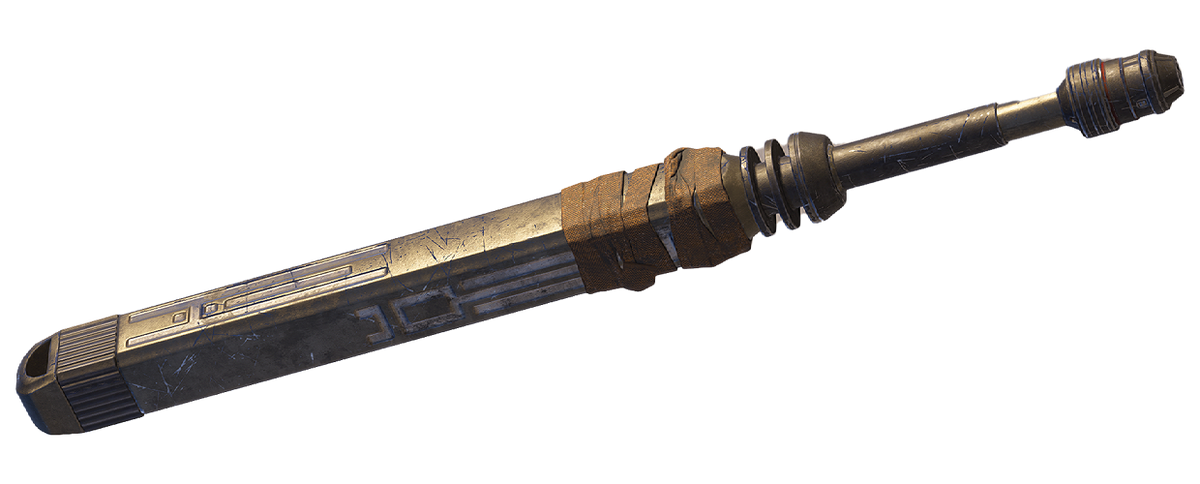There are good and reasonable labels for all of this stuff, sure. My issues are with the consistency of the labels and with then with where Lucas himself draws his lines. I know for a lot of people MOST of what we watch on TV or at the movies is in the same lump with Star Wars, Flash Gordon, and A Princess of Mars.
But it is only with Star Wars that people say "Oh. Well. You know that's NOT science fiction."
"You know there's no sound in space". Well, if that's our new line then Star Trek, 2010, and pretty much every other formerly sci-fi movie gets the heave ho. 2001 and Firefly are the only two properties that come to mind that get to stay. (And even Firefly couldn't quite hold the line when they got a movie.)
"I wanted to forget science."
Traveling through hyperspace ain't like dusting crops, boy. Without the precise calculations we could fly right through a star, bounce too close to a super nova, and that'd end your little trip real quick, wouldn't it?
(Yes, that's from memory.) Star TREK didn't ever go into that kind of detail! (Not in TOS anyway.) Warp Drive made you go fast. If it broke you had to go slow. Maybe it was powered by anti-matter. Maybe it was dilithium. It depended on the week. What is dilithium? Well, that's because the makers of Star Trek "wanted to forget science".
There's just too much science in Star Wars (Star Wars - 1977 - Directed by George Lucas no bloody IV no bloody A New Hope, and certainly no sequels or prequels) for George to get his "get out of Sci-Fi Free" card. Even in The Empire Strikes Back. With the exception of The Force (which isn't in the original Star Wars that much AND is no more fantastical than Mentats or The Squire of Gothos or Gary Mitchel) it's all pretty grounded science-y hardware. Even holograms were pretty up-to-the-minute in 1977. The desert planet has "moisture farmers". There's a centralized government with recognizable fascist tropes. Ray guns and shields, right out of that other Star thing. Data tapes and droids.
Does any of it work when you start introducing the real vastness of space, the power requirements of your planet killer, interplanetary communication, artificial gravity and whatnot? Probably not.
And it doesn't in almost every other visual representation of "science fiction".




